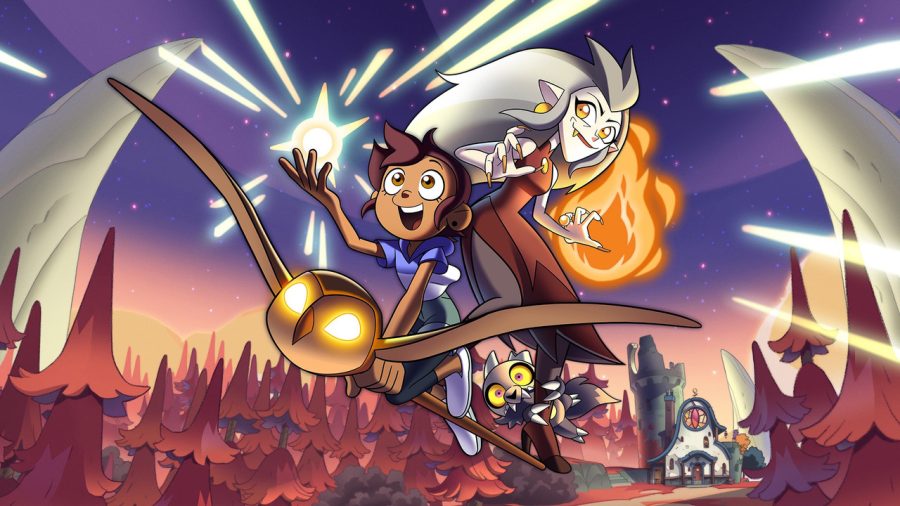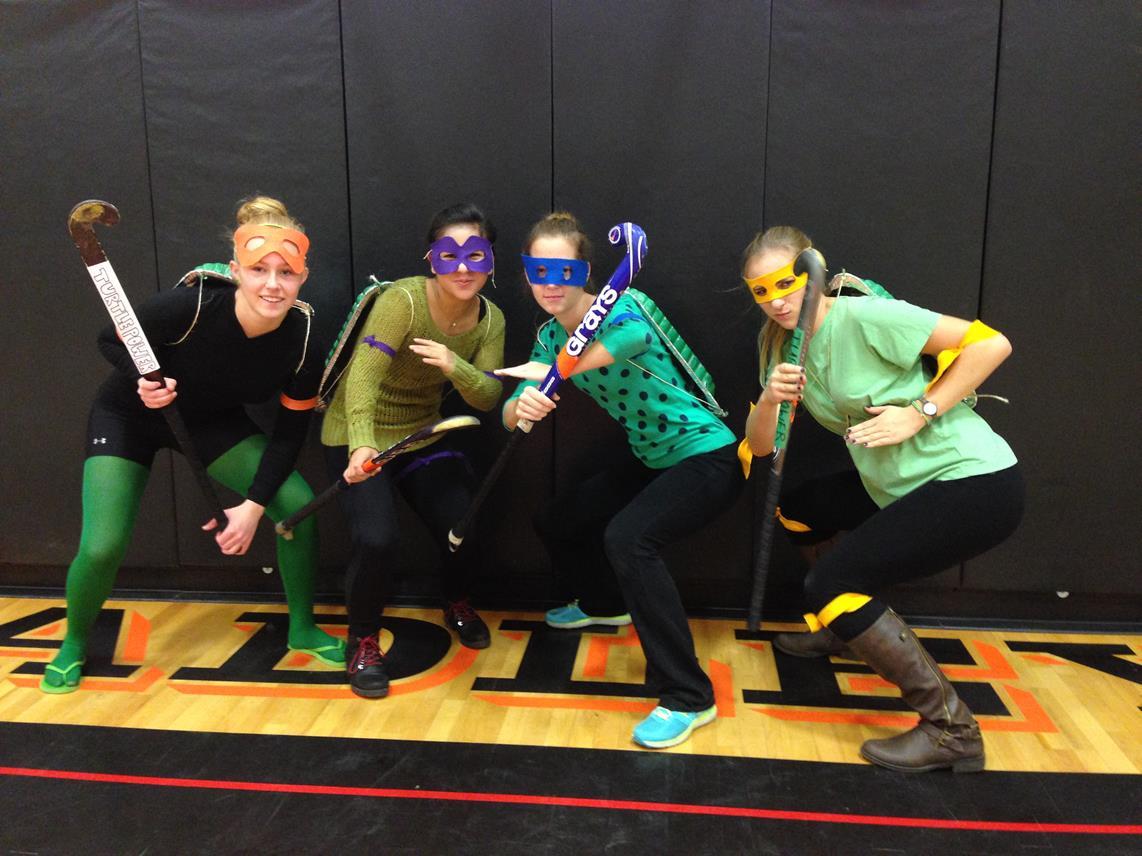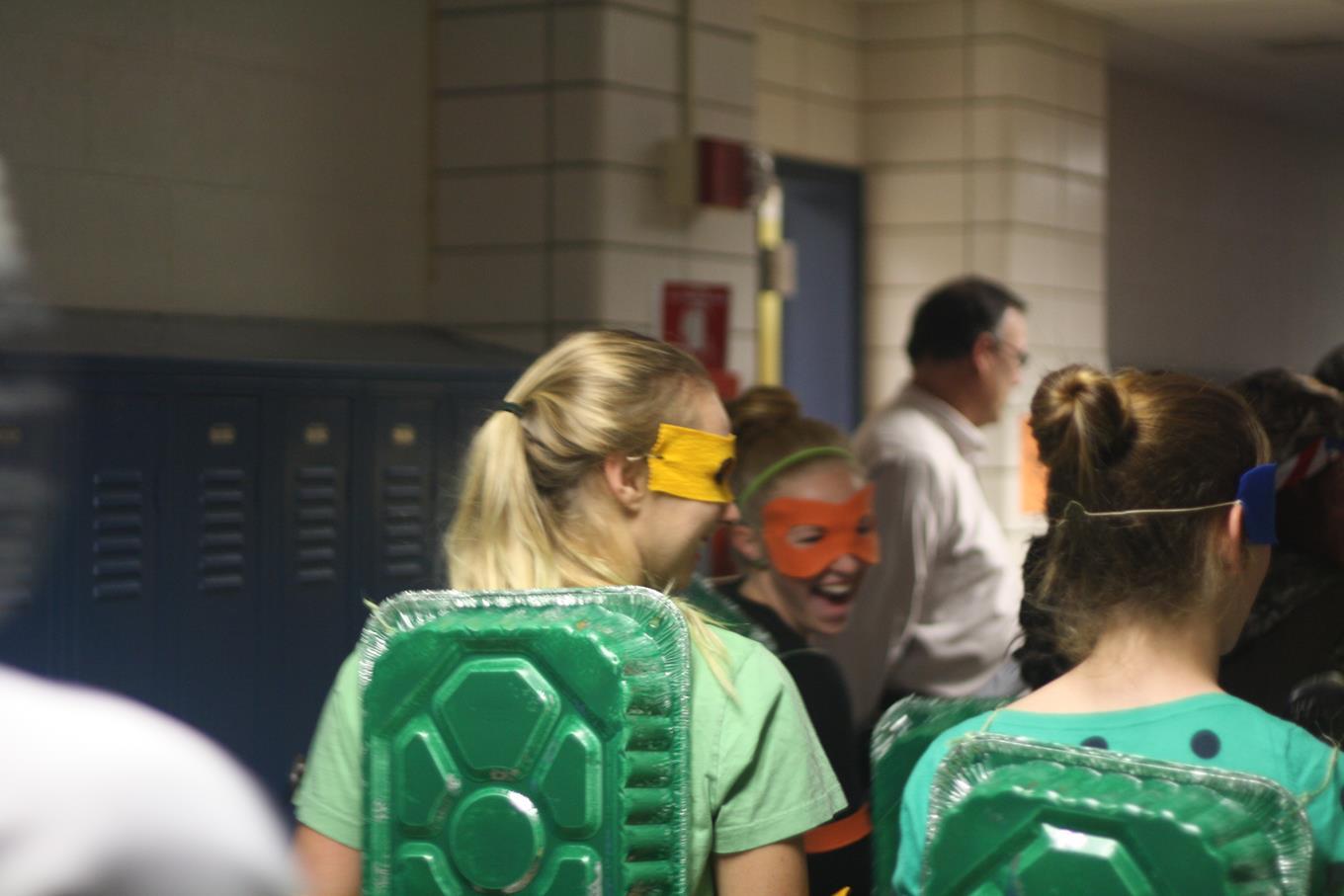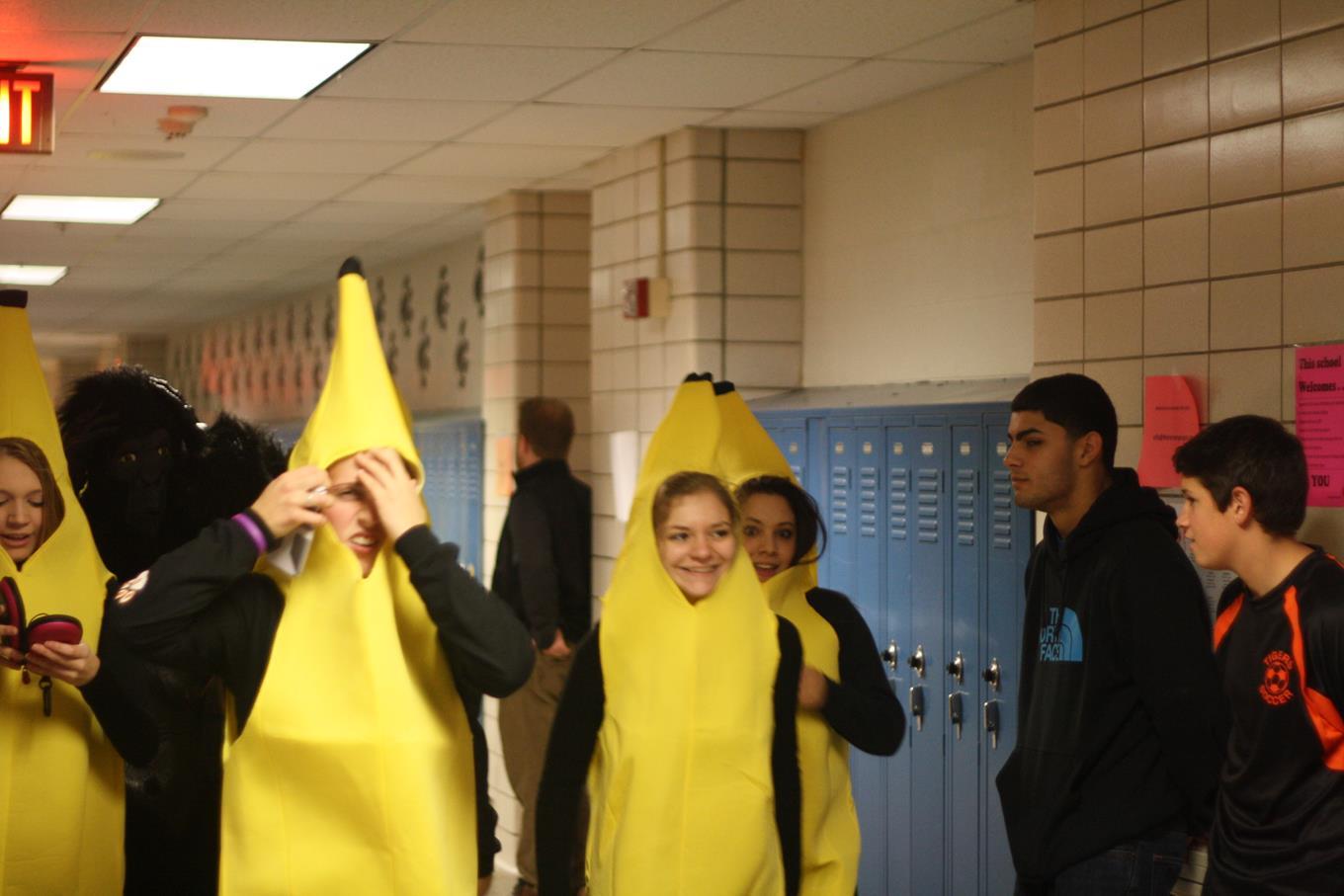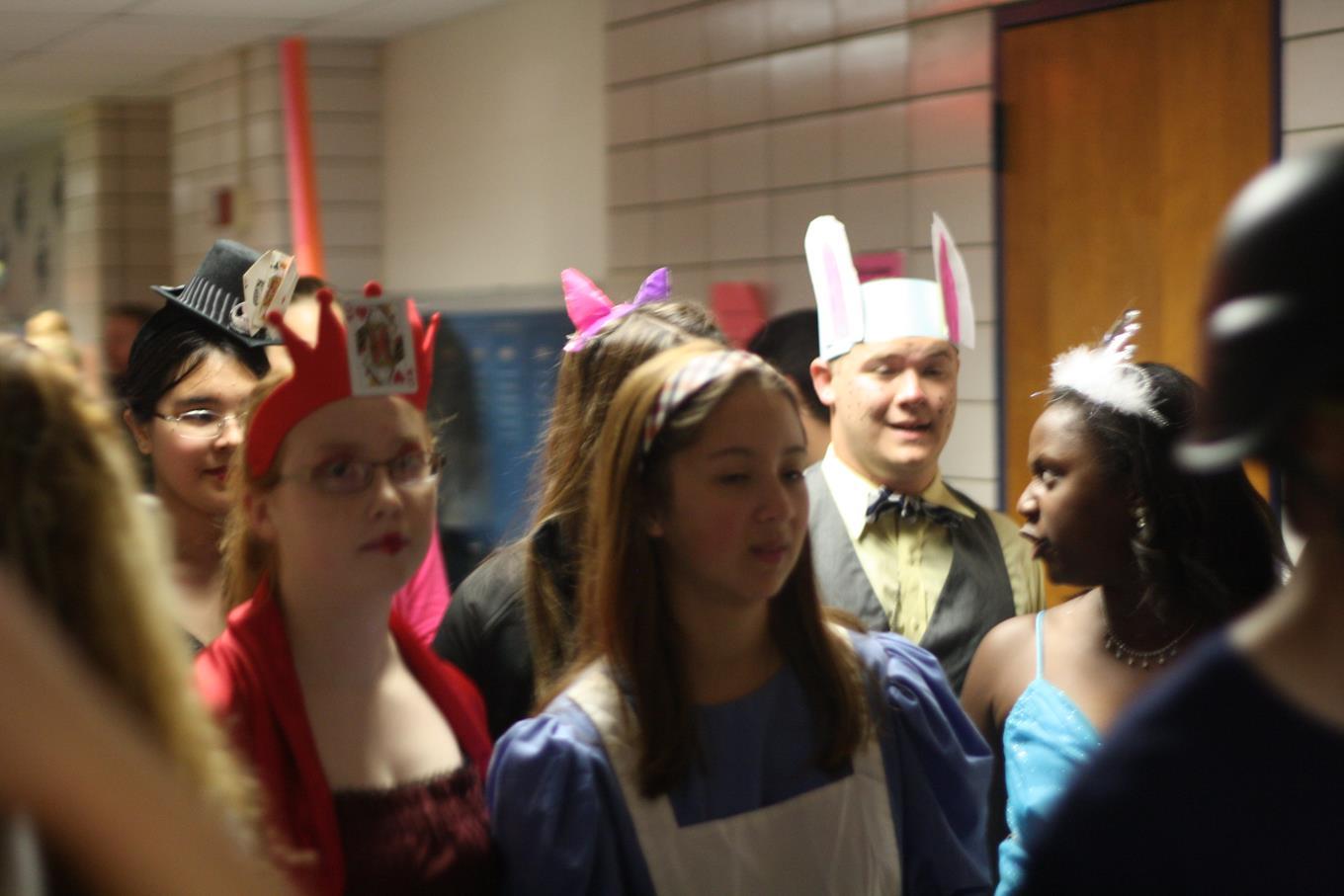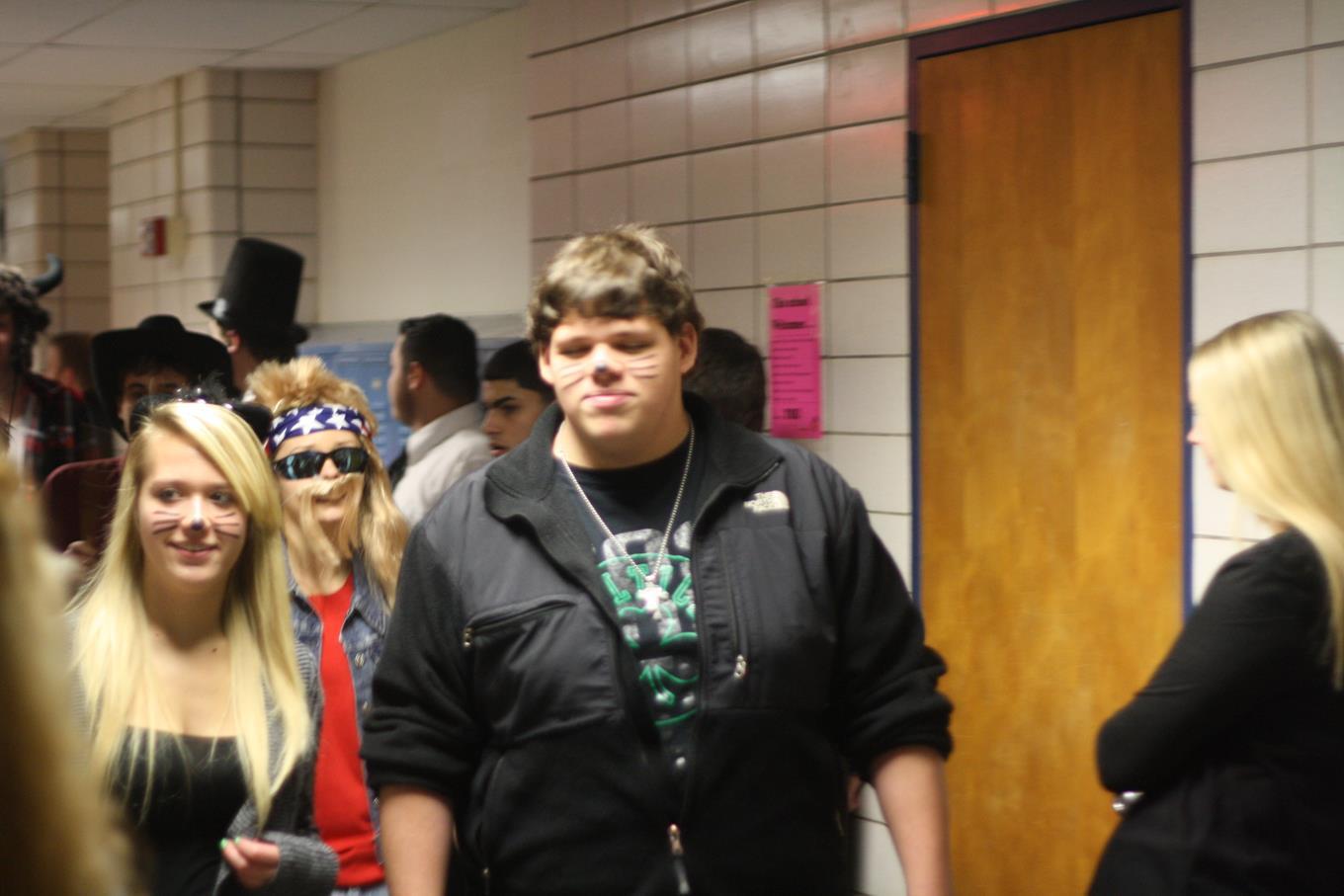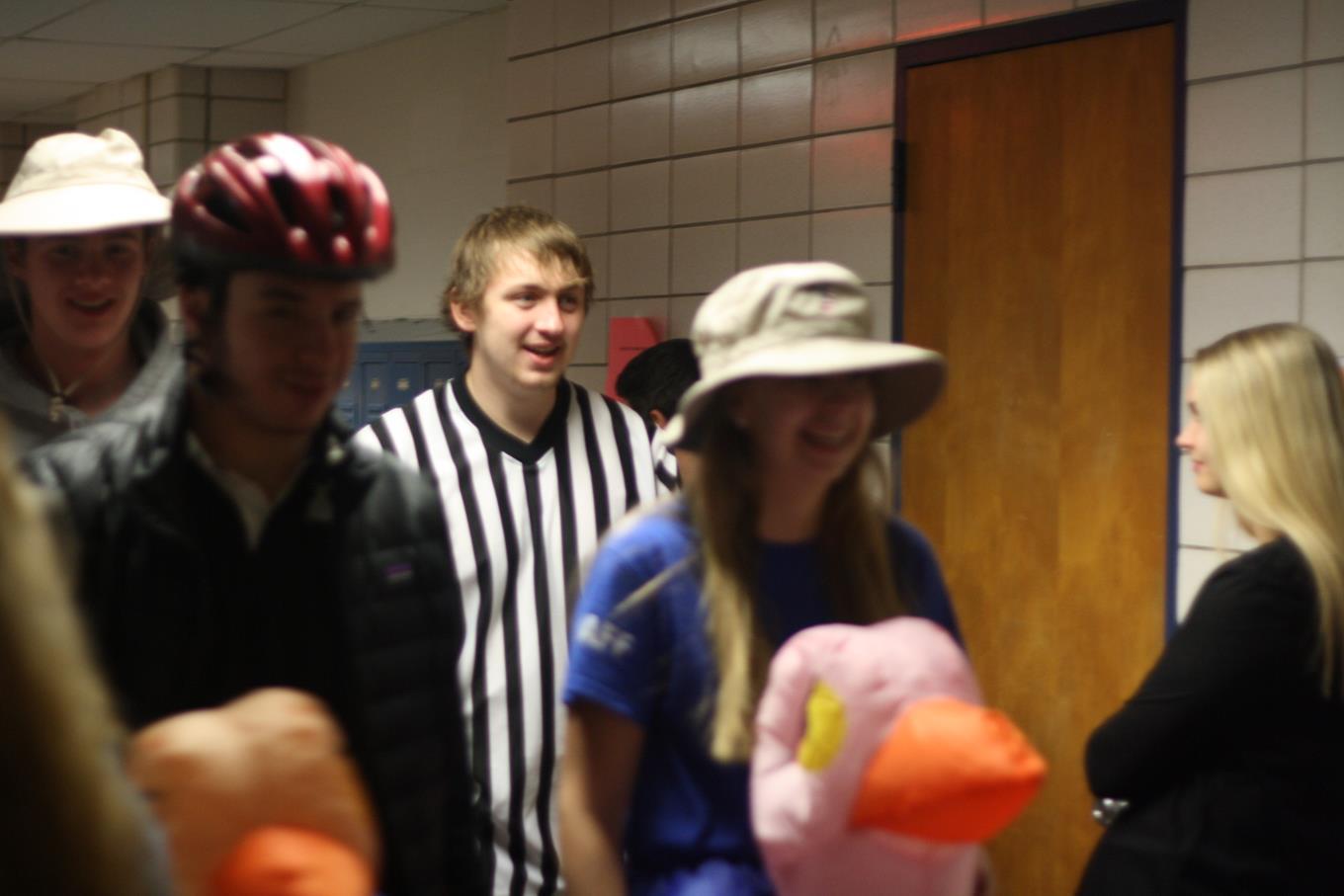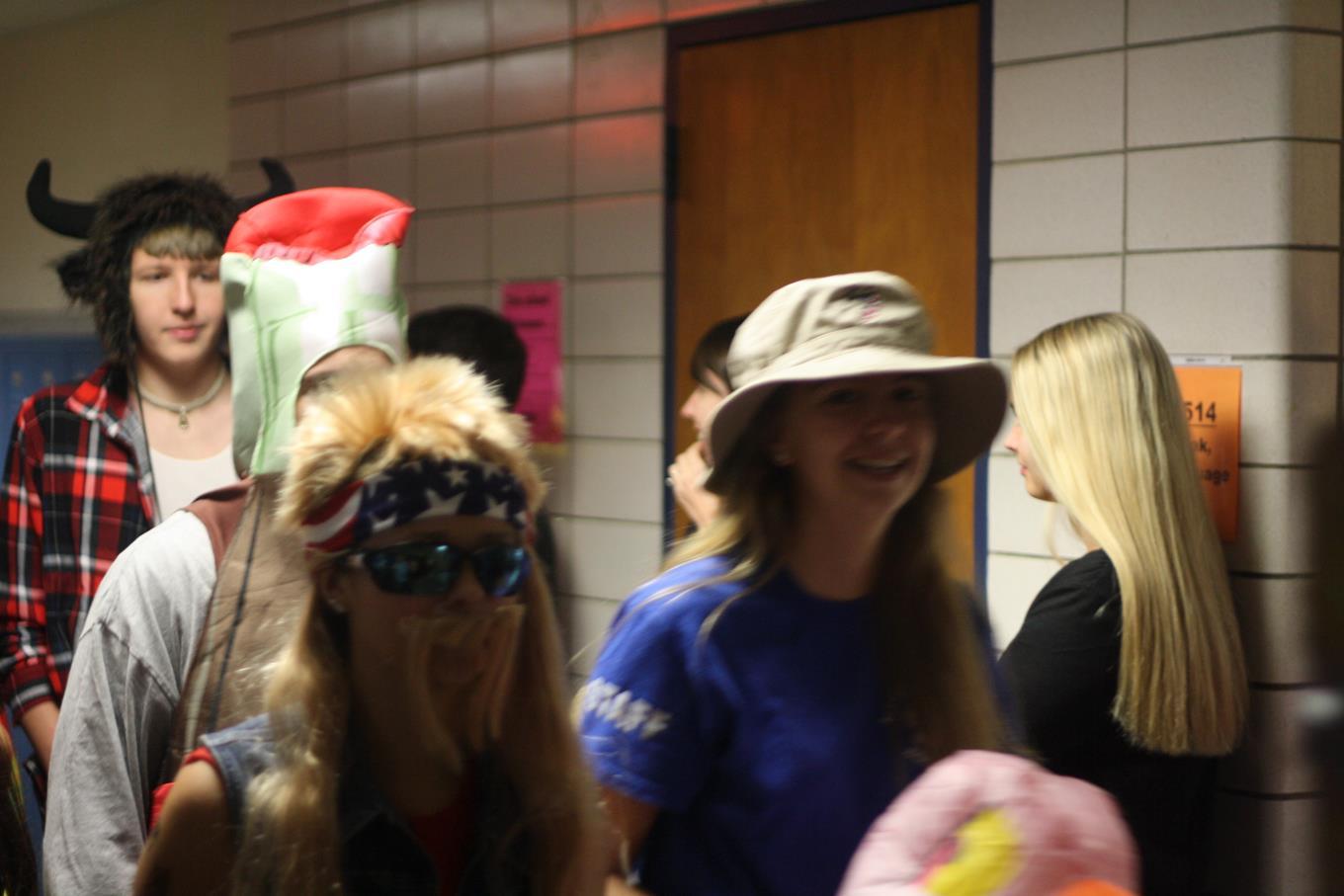Owl House Review
June 7, 2022
With the end of big-hit Disney show The Owl House on the horizon, and the final season in production, I took it upon myself to report on why this unassuming kids show is such a big deal to televised media. It has gained a monumental fanbase in the measly two years it’s been running, becoming one of the best performing shows on Disney+. Unfortunately, its run time won’t be as everlasting as shows like Pokemon or movies like Star Wars, being canceled by Disney in October of last year. Dana Terrace, the show’s creator, was granted permission to follow through with the show’s story up until season 3, which is being truncated to three 45 minute long specials instead of the typical 18-22 25 minute long episodes that we’ve seen in the last two seasons. This caused lots of distress and anger among fans, many of whom are part of the LGBT+ community that the show gives representation towards. But that isn’t the whole reason why fans are upset; The Owl House is smartly written and has so much amazingness in it.
Diversity
Diversity is one of The Owl House’s most highlighted qualities. While most media has one or two types of minorities displayed, they are usually side characters, or queercoded villains like we see with a majority of Disney movies (i.e Scar from The Lion King or Jafar from Aladdin), The Owl House made their main character, Luz, a bisexual Hispanic girl from Connecticut. Luz marks the first bisexual lead that Disney has ever had, but she’s by far the end of how diverse this show is. In season 2 episode 8, another character, Amity, is revealed to be lesbian when she and Luz start going out. This relationship isn’t created for shock value like most shows with queer representation, instead it’s treated as normal, like a straight couple would be in most media. Eda, Luz’s witchly mother figure, is also bi, with her main love interest being the season 2 nonbinary character Raine Whispers. Raine, like Luz, is also a person of color, as are many other characters. Eda’s sister, Lilith, is also implied to be AroAce (aromantic and asexual) which is a section of the LGBT+ community that rarely ever gets representation.
The Plot
But diversity means nothing if there isn’t a good plot to go along with it. The Owl House follows our quirky main character Luz as her mother sends her to summer camp to hopefully bring some reality in to distract her daughter from her obsession with witches. But right before she leaves, Luz spots an owl stealing her favorite book and follows him through a magical door into the Boiling Isles, where she becomes the infamous Owl Lady Eda’s witch apprentice. Through her stay, Luz makes friends with the witches who live there while trying to figure out how to learn magic as a human. But this turns into a quest to stop the evil Emperor Belos from enacting the mysterious Day of Unity. While the summary doesn’t shed much light on the wonders of the characterization or the writing of the story, it does well to wrangle in viewers who came for the wholesomeness and stayed for the dark and gritty reality. The newest episodes only highlight this contrast from the beginning of season 1. Season 2 brought in a lot of new characters that became so vital to the story as a whole, but Belos stands in the middle of it all no matter what. Gone are the days where Luz could just fool around and learn magic with her friends, now she has to deal with the consequences of her actions and fight back with the magic that her enemy knows oh so well.
This is the end of the spoiler free zone. Anything that comes after this will have major spoilers for season 2.
Owl House Season 2 and Child Abuse
At the end of season 1, we are introduced to a new villain, taking over the role of misunderstood Lilith who was the Emperor’s right hand. We know him for the first few episodes as the arrogant and cryptic Golden Guard. But as soon as we start to think of him as the next horrible villain, standing only below Belos, we learn his name; the Golden Guard has been unmasked. Hunter, as he’s now known as, is revealed to be the Emperor’s nephew, which makes their relationship all the more messed up. Belos is not a merciful man, not even to his own blood, as we see more delved into in season 2 episode 16 Hollow Mind. Belos lashes out at Hunter at the excuse of his “curse” and it’s heavily implied that at least some of the scars that litter Hunter’s body are because of Belos himself. But despite this abuse, Hunter shows only blind adoration towards his uncle, accurately portraying how abuse and emotional manipulation can go hand in hand, with Hunter thinking that any punishment he gets he deserves. In Eclipse Lake, the ninth episode of season 2, Hunter says, “Since I failed my last mission I thought: ‘Hey, a chance to make up for it!’ But I can’t go back empty-handed! Not again. Long story short, this is my grave.” Hunter thinks of his mistakes as something irredeemable and would rather die than disappoint Belos one too many times. The heroes see him as someone who needs help, but he doesn’t take them up on it until after the events of Hollow Mind, a whole seven episodes later. Hollow Mind deserves its own article, but to truncate everything that happened during it, Hunter and Luz got sucked into the Emperor’s mind by accident and uncovered the memories of Belos lying about his future plans and lying about Hunter. Hunter is a clone of Belos’ brother from hundreds of years ago before Belos made himself immortal. There were other Hunters, all of which ended up betraying Belos and being executed by him in varied ways. This relationship between abuser and victim allows The Owl House to bring attention to these domestic issues, both for kids and adults. Kids knowing some of the signs and how abuse affects a person, especially a child, is a good skill to have if any of their friends portray those same signs. It allows people to absorb the accurate tells of someone who needs help while also enjoying themselves, making knowledge and entertainment one and the same.
Villains
Villain dissection time! Aside from the Golden Guard, there are two other main villains, Emperor Belos (who we have talked minorly about already) and The Collector, who finally showed up in flesh and godly blood in the season 2 finale. These two have to be the best villains in a work of media that I have seen in a long time, making me love them even as they do deplorable things. They are two very different characters, and the show acknowledges this, creating interactions with them that feel genuine and accurate to their characters. Belos is a racist little white boy human from the 1600s who found his way into the Boiling Isles with his brother Caleb, who he eventually killed. His original name was Philip Wittebane, but he had changed it after starting his genocide plan on the witches. He was no longer welcome in towns as Philip due to his lethal stunts and experiments in order to fully perfect his plan. That perfection took 400 years, and in those 400 years he had made a deal with The Collector, and gotten stronger and stronger, eating palismans and making his own magic, passing as a witch. He had made himself immortal, all for the goal of witchkind, or wild magic, to be expelled from the world. Luz wasn’t even his enemy, but rather, another human who needed to be protected and sent back to the human realm. The Collector had gone along with Belos’ plan for all those years that Belos was scheming, but only because Belos promised him that he would free them from their reflective prison. During the season 2 finale, Belos had gone back on that, no longer needing The Collector’s help, and cast him aside instead of freeing him. This resulted in King, one of the protagonists, freeing them instead, which practically released god on the Boiling Isles. It stopped Belos’ plan, saving thousands and thousands of witches from a tragic death, but he wanted to play. The Collector, like Belos, always put himself over everyone else, but like a child would. He wanted to play games, to be entertained, and they make for a quite unique villain, doing wrong purely because it’s fun, as well as because he never really had a reason to learn empathy.
Conclusion
With this dissection, I conclude that The Owl House is one of the best shows that I’ve ever watched, up in my favorites of all time. I think that everyone should watch it. The first season is a little slow, but everything that it brings to the table is so necessary for the second season, with all the callbacks, and the emotions that you have to the characters that you spent time with in season 1. It brings information to your attention while remaining interesting and compelling. The plot is dark but witty and smartly written, with no choice that Dana Terrace made a bad one in my opinion. You feel powerful when you make theories for the next installments and then some of them do come true. It’s a tell of brilliant storytelling.
5 paws – Devour it!
